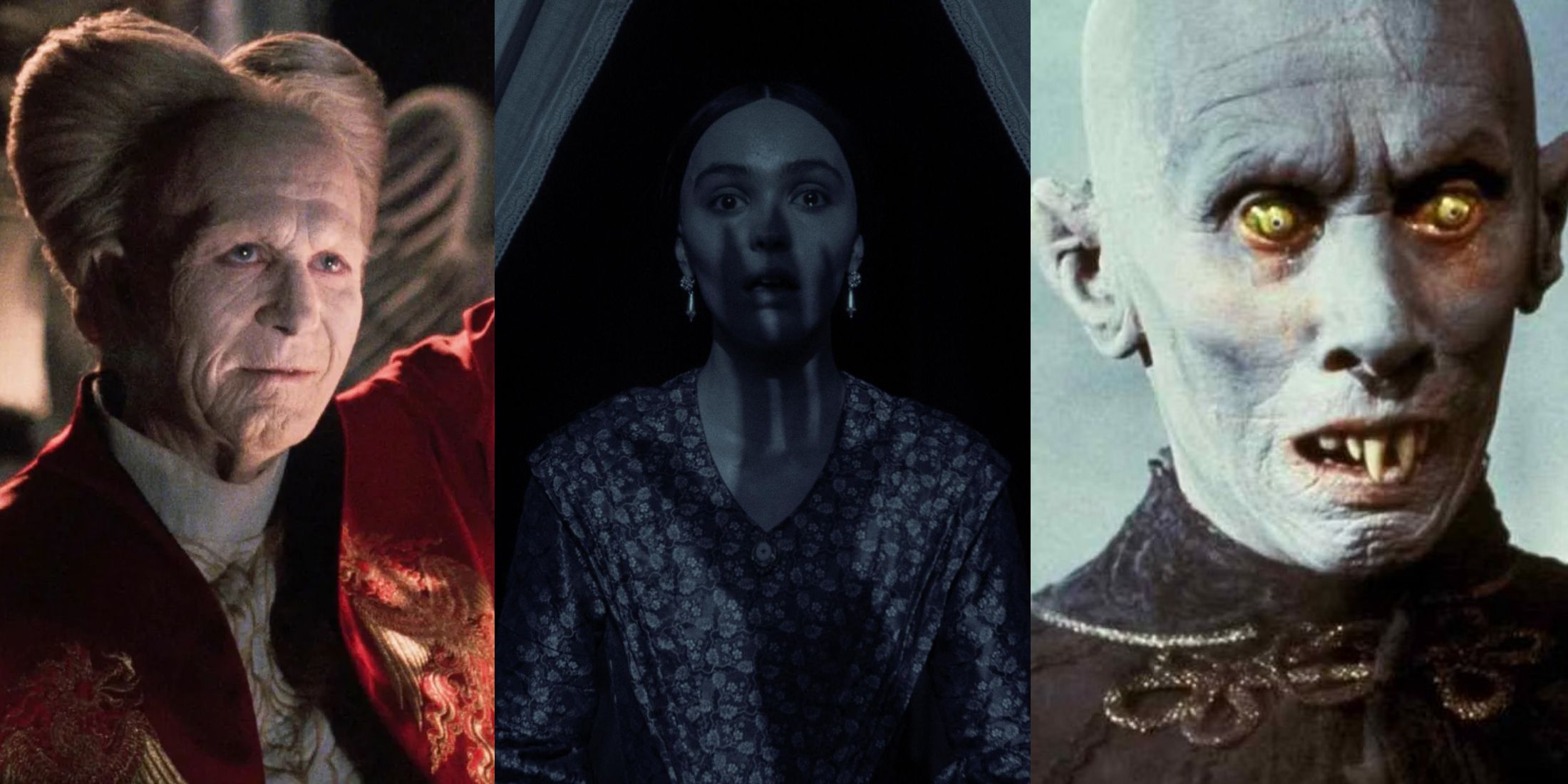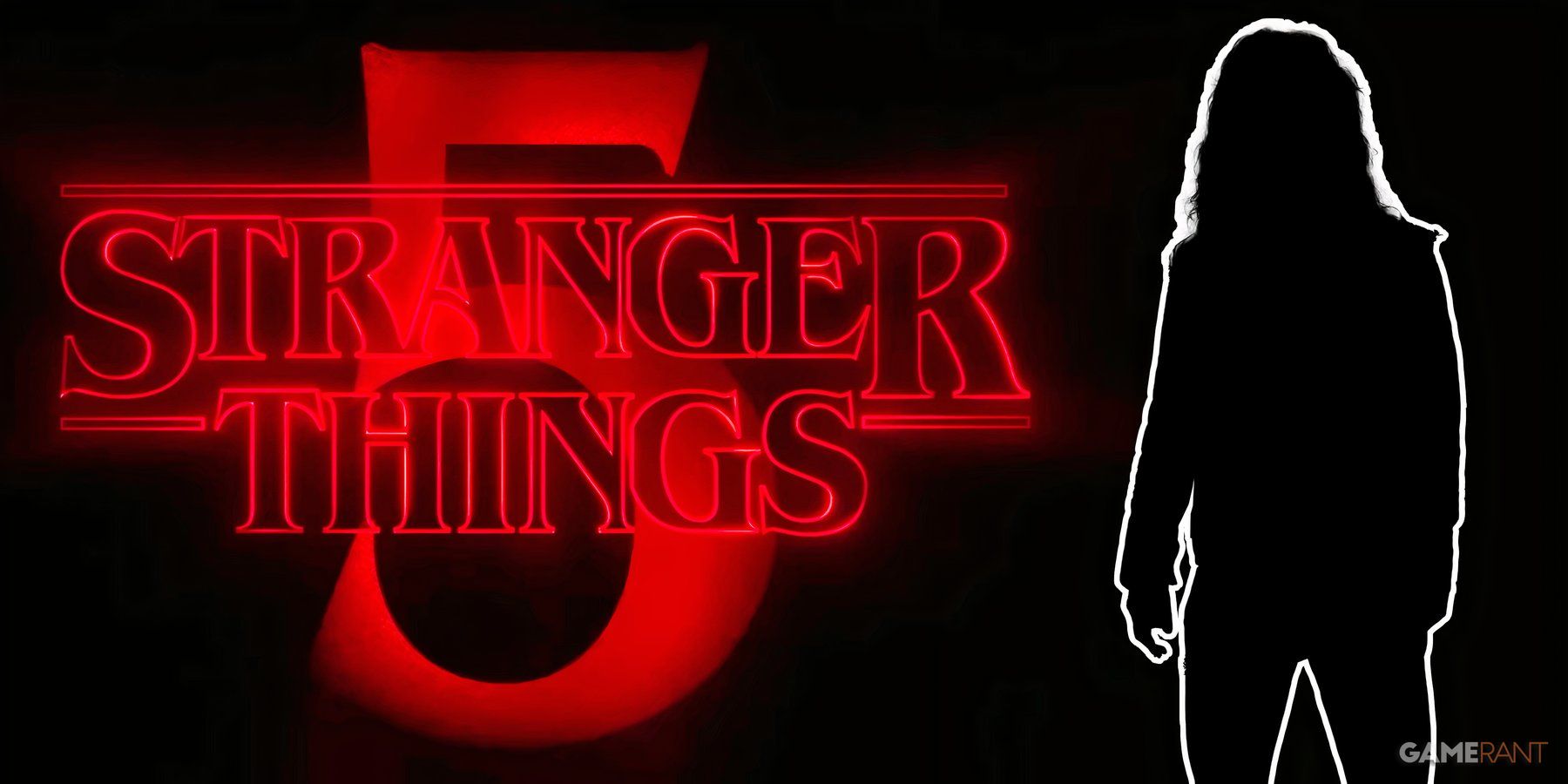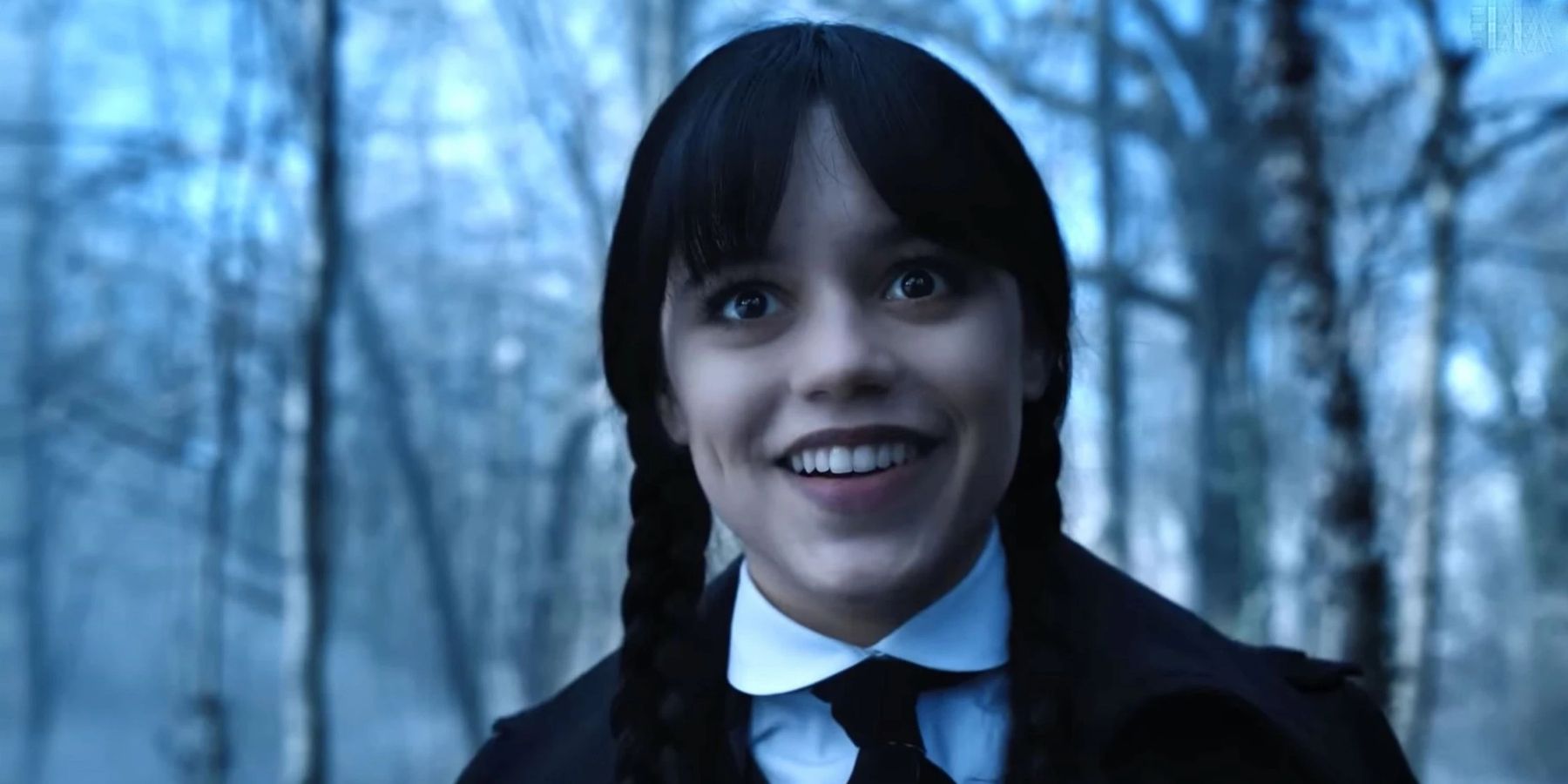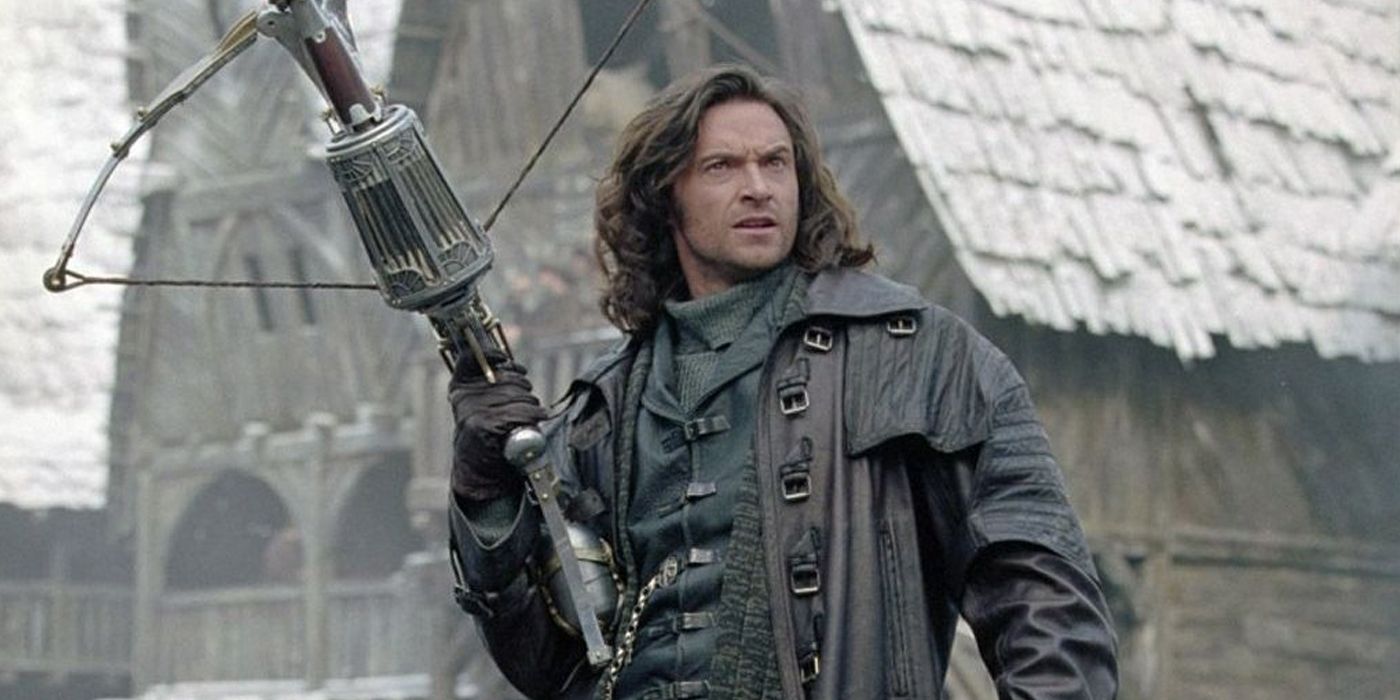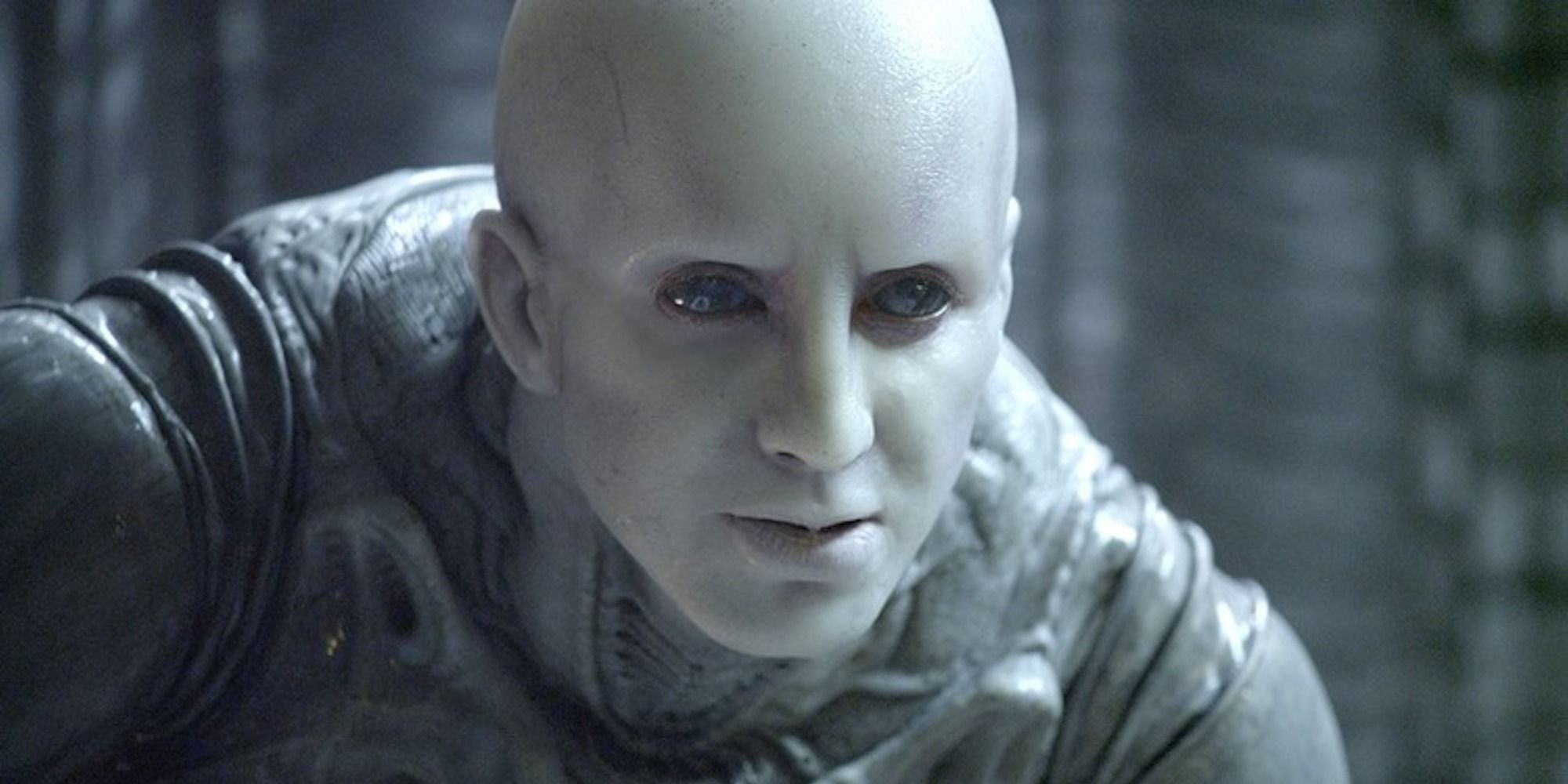Budget comes up a lot in discussions of modern filmmaking, from the absurd seven-figure price tag of blockbuster action to the tiny production cost of indie pictures. While bigger budgets are often assumed to create better movies, a deep dive into horror movies occasionally suggests an inverse relationship between cash and quality.
Horror cinema has always been a great home for low-budget filmmakers. The slasher craze of the 80s saw dozens of schlocky gorefests made for no money. The genre is filled to burst with blatant rip-offs of bigger projects. Blumhouse turns tiny budgets into comically huge returns, occasionally pulling a good movie out of the process. The low-budget horror scene is incredibly important to the medium, but the alternative raises several interesting questions.
The biggest budget horror film of all time, without adjusting for inflation, is Marc Foster's 2013 action/horror zombie apocalypse piece World War Z. Low reports put the film's production budget at $190 million, but somewhere in the $200 million range is more likely. Between millions of digitally rendered undead beings and Brad Pitt's immense personal price tag, the money is on-screen most of the time. Wherever the film's budget actually landed, it made its money back and more, netting a whopping $540 million at the box office. Critics, however, were far less kind to the film than audiences. The film was praised for Pitt's performance, his appearance in the film driving most of the ticket purchases, but derided for almost everything else. It's fair to say that World War Z barely reaches the title of horror film and that the pile of cash behind its production did little to make it scarier.
Films like Van Helsing and the 2010 remake of The Wolfman also grace the list of the highest horror movie budgets. Individual examples can occasionally make the point, but the problem with horror movies and vastly inflated production budgets goes much deeper than a few subpar films. There are plenty of beloved horror films that cost a ton of cash to make. 2019s It Chapter Two is the ninth or tenth most expensive film in the genre and is popularly considered an excellent entry in the genre. The problem with big-budget horror films is often beyond what appears on the big screen and has a lot to do with the way blockbuster cinema works in the modern day.
A film that costs a lot of money is almost always the property of a big studio or the adaptation of a marketable intellectual property. World War Z is a loose adaptation of a popular book and the much more popular cultural zombie obsession of the era. Van Helsing is a continuation of the beloved Dracula mythos. The Wolfman is a remake of one of the best Universal monster movies of all time and so on. Marketable IPs are owned by multi-billion dollar companies who expect a titanic return on investment for every calculated risk that they take. The problem isn't that there's a lot of money behind the film, It's that the owners who put that money down expect to get it back and more.
The overwhelming majority of horror movie franchises began with tiny budgets and gradually grew into massive hit factories. Ridley Scott's 1979 Alien cost $11 million, which would be around $40 million today. Aliens cost only $7 million more. Prometheus and Alien: Covenant each cost well over $100 million. There are not a lot of people who would argue that the massive influx of cash aided the franchise. In fact, Alien 3 and Alien: Resurrection each saw massively inflated budgets from their predecessor and were seen as overwhelming disappointments.
Added cash comes with added expectations, which comes with reduced freedom for the creators that make the things people love. This is the process that gradually turns a simple concept into a woefully tangled mess. The studio has determined that the Alien brand is profitable and is willing to dump loads of cash in exchange for a mandate of more content. The larger budgets don't weaken the films, but the money comes with strings attached.
This is not to say that bad horror movies could be made better by a reduction of cash, but throwing more money on the pile rarely helps. Necessity is the mother of invention, and so many of the best innovations of the genre come from a situation in which a creator is forced to make do. Horror is easily the most subjective genre of cinema, which makes dumping millions into a single idea and expecting it to work for everyone a losing battle from the start. Studio meddling, franchise filmmaking, IP hoarding, and the pursuit of massive profits do nothing but weaken the pursuit of good horror filmmaking.
For every giant name with an overinflated budget, there are a dozen smaller films doing something more interesting and occasionally rising to the top. Horror fans know that it doesn't take a million dollars to tell a scary story, and quality will always be the ultimate determining factor of success.

